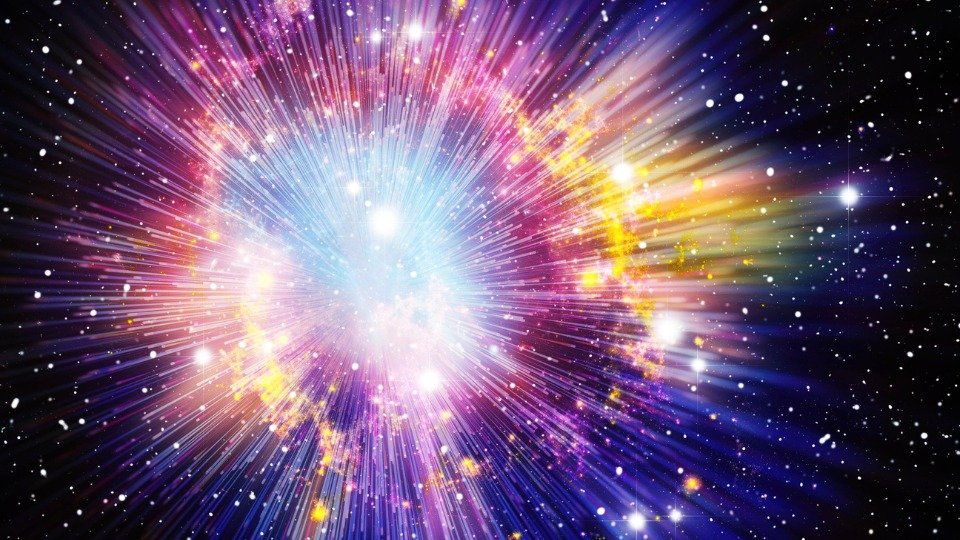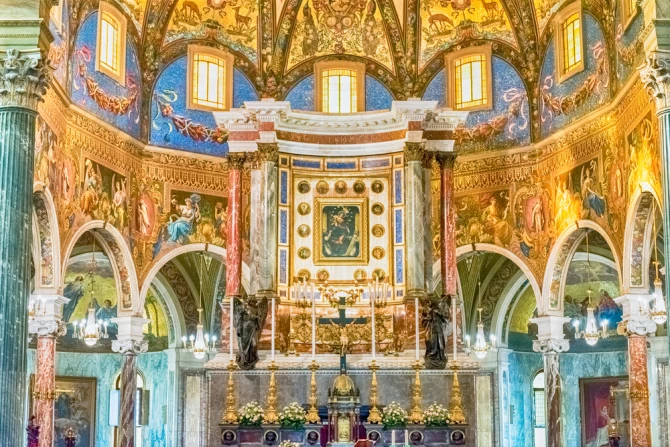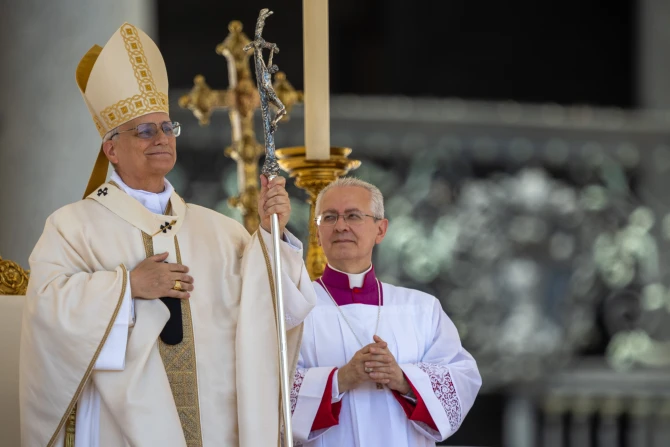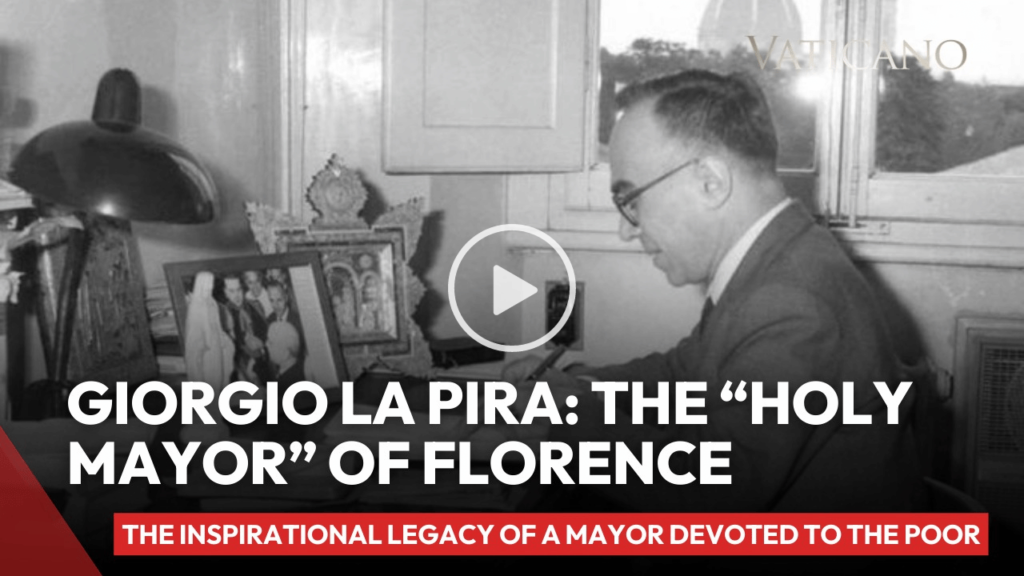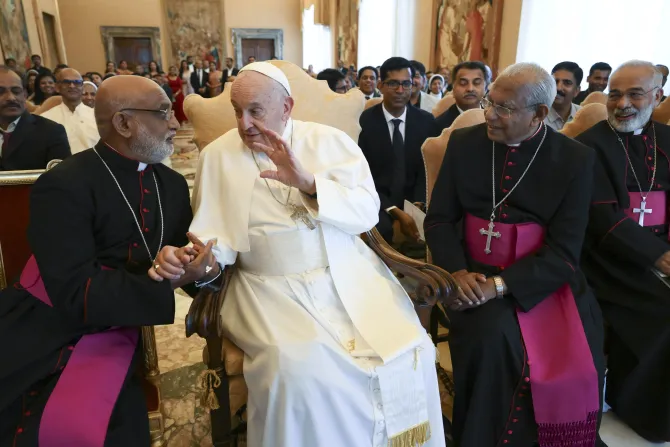For over four centuries, the work of figures like Copernicus, Galileo, Darwin, and Freud fostered the belief that the mysteries of the Universe could be unraveled without invoking a divine creator. By the early 1900s, materialism had emerged as the prevailing philosophy.
However, the landscape of scientific thought experienced a dramatic shift due to a series of revolutionary discoveries, including the theory of relativity, quantum mechanics, the Big Bang, and concepts surrounding the Universe’s expansion, eventual heat death, and precise fine-tuning. These advancements have profoundly challenged the once solid convictions of the twentieth century, indicating a swing back towards perspectives that reconsider the role of metaphysical elements in the cosmos.
Michel-Yves Bolloré and Olivier Bonnassies are the Co-Authors of God: The Science and the Proof. “We wanted to write this book,” Bolloré explained, “because it didn’t exist. We wanted to provide a panorama of all the evidence of the existence of God, science, of course, but not only science. We also wanted to include philosophy, ethics, puzzles, and even miracles to include a little bit of everything. So, if you want, an absolute 180-degree picture.”
In his Address on the Occasion of the Inauguration of the Bust in honor of Pope Benedict XVI for the Pontifical Academy of Sciences on October 27, 2024, Pope Francis expressed that, “The beginning of the world is not the work of chaos that owes its origin to something else, but it derives directly from a supreme principle that creates out of love. The Big Bang, that today is considered to be the origin of the world, does not contradict the creative intervention of God; on the contrary it requires it. Evolution in nature is not in contrast with the notion of divine creation because evolution requires the creation of the beings that evolve.”
Once the only acceptable theory, materialism is increasingly considered an irrational belief.
Bonnassies summarized the book he co-authored, saying, “This book is an investigation into a single question: Can we imagine that there is nothing beyond the material universe? Or must we consider that the material universe is not sufficient unto itself and that an external cause is necessary to create and regulate it? In the end, the conclusion we draw from this broad investigation is that materialism has become a belief that is truly irrational today.
Following years of research and in collaboration with more than twenty scientists, Michel Yves-Bolloré and Olivier Bonnassies wrote God: the Science and the Proof. The bestselling book in France aims at collecting modern evidence of the existence of God. Recently, it was presented in Rome.
Bolloré explained, “Going very quickly, there are four major scientific proofs that emerged in the 20th century. What is very important is that they are completely independent of each other. That’s what makes them strong.”
In short, four major scientific proofs independently emerged, demonstrating the intricacies of the Universe — from its thermodynamic trajectory suggesting a beginning and an end, hinting at a creator, to the expansion of the Universe, the fine-tuning indicative of non-random formation, and the complex emergence of life, challenging previous assumptions of its simplicity. These discoveries collectively underscore the Universe’s complexity and the implausibility of its attributes being mere products of chance.
Bonnassies explained, “These 2 conclusions, the beginning and the fine-tuning of the universe that come from different sciences lead to a unique and simple explanation that there is an intelligent spirit behind all this.”
Further, he explained, “Rationality can be applied to the discovery of God as external to the Universe, as a necessary cause. We can say that the world is inconceivable without this cause, but we can’t go very far in talking about God if we stick to rationality. In the world, to go further, a revelation is needed, and so we need to know if God has revealed himself. As Saint Thomas said, Christ gave all the proofs needed to show that it’s true. There’s reason, there’s science, there’s your question. There are all the elements needed to say that God exists and even that Jesus is truly the Son of God. People think these questions can’t be answered, but in fact, that’s not true.”
Adapted by Jacob Stein
Sign up for our newsletter here: HTTPS://MAILCHI.MP/EWTN/VATICAN

